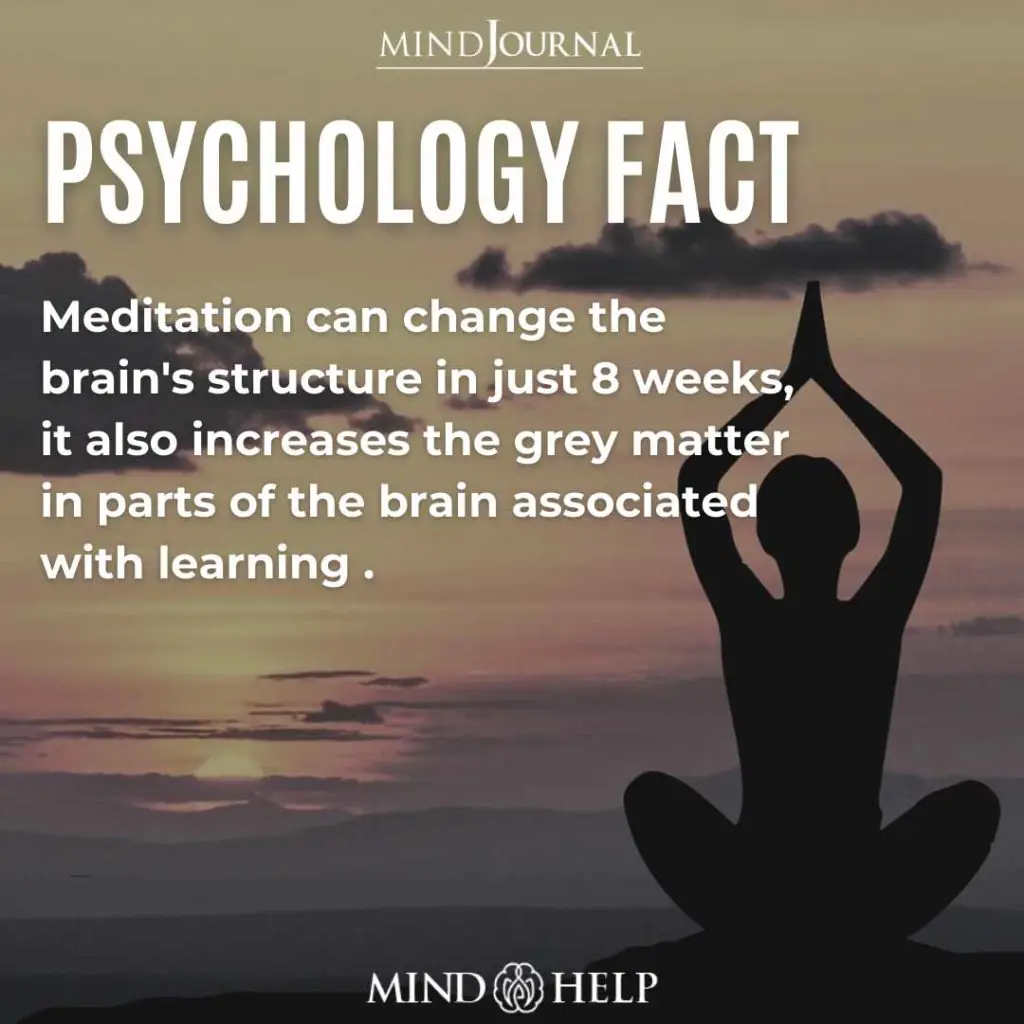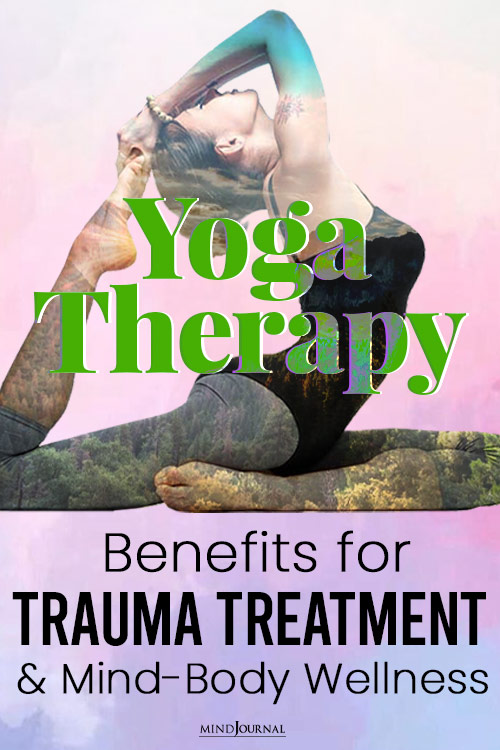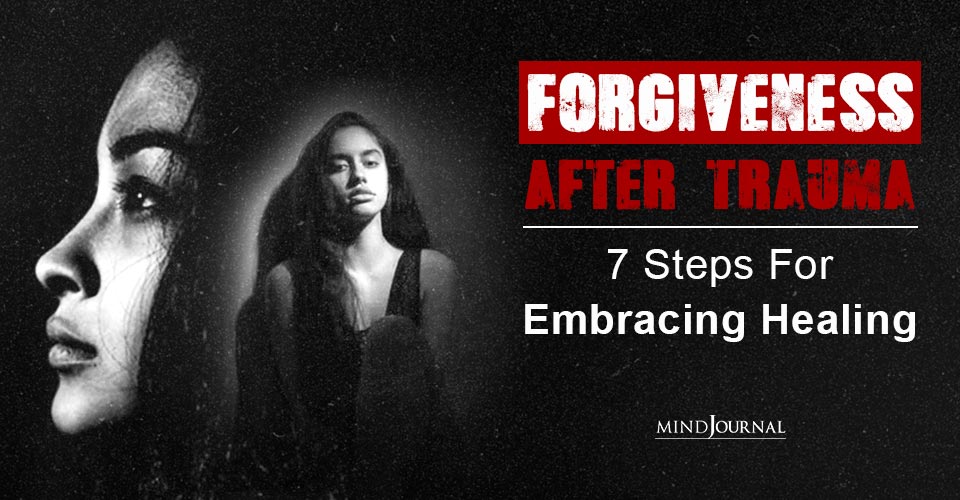When talk therapy alone doesn’t address the effects of trauma held in the body, consider yoga therapy as a complementary approach toward mind-body healing. This international yoga day let’s discuss yoga therapy.
Eastern traditions have long recognized the importance of the mind-body connection for general wellness, and Western thought is beginning to follow suit. An increasing amount of research is emerging to support this link. Yoga in particular has become especially popular in recent years as a way to facilitate the mind-body connection and is now one of the most widely practiced forms of complementary health care in the United States.
Demonstrated to have benefit in the treatment of numerous physical health conditions and mental health concerns, stress and trauma-related issues among them, yoga is utilized by many to cultivate mindfulness through a combination of physical movement, breathing exercises, and relaxation. Yoga therapy, in fact, is a growing field of mental health treatment.

Yoga And Stress Response
Many studies have observed the effect of yoga on the fight-or-flight response, which is the body’s natural reaction to stressful and life-threatening situations. The fight-or-flight response, intended to save us from immediate physical danger, can also be experienced when we encounter stress, such as a life change, a toxic relationship, or the challenges of addiction recovery.
Chronic stress and levels of cortisol (the body’s primary stress hormone) that are consistently elevated underlie many physical and mental health issues. Regular practice of yoga, however, has been found to naturally decrease cortisol levels. This natural decrease of cortisol can give the body a chance to return to a state of restful awareness. Restful awareness allows the physical impact of the flight-or-flight response to normalize and gives the body the opportunity to heal.
Related: How Yoga Can Help With Generalized Anxiety Disorder, Research Reveals
Treating Trauma: Yoga Therapy
During traumatic experiences, the body may become dysregulated by either over-activation or suppression of the fight-or-flight response. When this occurs, we become overloaded, and the result may be a state of mind that is too anxious, trapped, or some sort of fluctuation between the two. Trauma may be held in the body through heightened or dysregulated physiological states and somatic symptoms. The body itself, then, contains and manifests much of the pain experienced after a traumatic event. As has been said, “The issues live in the tissues.”
When working with individuals who have experienced interpersonal trauma, mental health professionals may find traditional talk therapy alone is not always the most effective course of action.
A cognitive symptom of trauma exposure is difficulty or impaired ability to remember, verbalize, and/or process one’s experiences. Therefore, insight-based approaches often are not sufficient on their own. Furthermore, trauma and its effects are so often entrenched and complex that a change in a cognitive frame or behavioral pattern ignores a very basic but critical element: the body.
Techniques working to help increase awareness of internal states and physiological responses to both internal and external stimuli have demonstrated promise in addressing trauma in the body. Reorienting an individual to their body is often a key to unlocking their pain and building a path toward healing.
Related: Studies Show How Yoga Will Help You Fight Depression
What Is Trauma Sensitive Yoga?
An evidence-based practice designed to directly address symptoms associated with traumatic exposure, trauma sensitive yoga focuses on body awareness in the present moment. Based on the theoretical underpinnings of attachment theory, trauma theory, and neuroscience, TSY helps individuals in treatment recognize choices relating to the body and develop the ability to take effective action based on the knowledge of these choices.
The language used in treatment is invitational and emphasizes choice for the person in treatment. The experience is shared, and no physical assists are used.
Unlike traditional yoga, TSY always places emphasis on the internal experience of the individual, not on achieving proper form. The facilitator of the treatment will, while practicing with the individual, help them become accustomed to feeling their body in the present moment, whether by guiding them to feel the way their feet contact the ground or how a particular muscle contracts.
Through this guidance, people in treatment can learn what to do about the experience in real time by taking effective action. Everything about the practice is optional, gentle, and designed to help individuals befriend their bodies.
The practice of yoga, with its focus on the mind-body connection, offers both symptom reduction and opportunities for people practicing yoga to heal and grow. Yoga, known to benefit the mind as well as the body, has been proven beneficial for addressing stress, trauma, depression, anxiety, addiction recovery, and even personal growth.
Related: How Yoga And Mindful Eating Can Be Beneficial For You
Beyond yoga’s other benefits, research has found individuals who combined TSY with psychotherapy were more likely to experience a decrease in trauma-related symptoms and an increase in positive traits and emotions such as grace, compassion, relating with self and others, acceptance, centeredness, and empowerment.
This yoga day 2023, let’s add yoga therapy to our wellness routine.
If you are interested in incorporating yoga into your wellness practices, self-care routine, or mental health treatment but are unsure of where to start, consider bringing it up with your therapist or counsellor or primary care physician to see if this approach might benefit you.
Happy International Yoga Day!!!!
References:
Buric, I., Farias, M., Jong, J., Mee, C., & Brazil, I. (2017, June 16). Meditation and yoga can ‘reverse’ DNA reactions which cause stress, new study suggests. Frontiers in Immunology. Retrieved from https://medicalxpress.com/news/2017-06-meditation-yoga-reverse-dna-reactions.html
Emerson. D., Sharma, R., Chaudhry, S., & Turner, J. (2009). Trauma-sensitive yoga: Principles, practice, and research. International Journal of Yoga Therapy, 19. Retrieved from http://www.traumacenter.org/products/..%5Cproducts%5Cpdf_files%5Cijyt_article_2009.pdf
Garfinkel, M. (2006). Yoga as a complementary therapy. Geriatrics and Aging, 9(3). Retrieved from http://www.medscape.com/viewarticle/525187
Jackson, K. (2014, November 17). Trauma-sensitive yoga. Social Work Today, 14(6). Retrieved from http://www.socialworktoday.com/archive/111714p8.shtml
MacMillan, A. (2017, June 16). Yoga and meditation can change your genes, study says. Time. Retrieved from http://time.com/4822302/yoga-meditation-genes-stress
McCall, T. (2008, June 20). Understanding the mind-body connection. Yoga Journal. Retrieved from https://www.yogajournal.com/teach/yoga-therapy-and-the-mind-body-connection-part-1
Woodyard, C. (2011). Exploring the therapeutic effects of yoga and its ability to increase the quality of life. International Journal of Yoga, 4(2). Retrieved from https://www.ncbi.nlm.nih.gov/pmc/articles/PMC3193654
Written by: Tahmi Perzichilli
Original appeared on: Good Therapy
Republished with permission.










Leave a Reply
You must be logged in to post a comment.